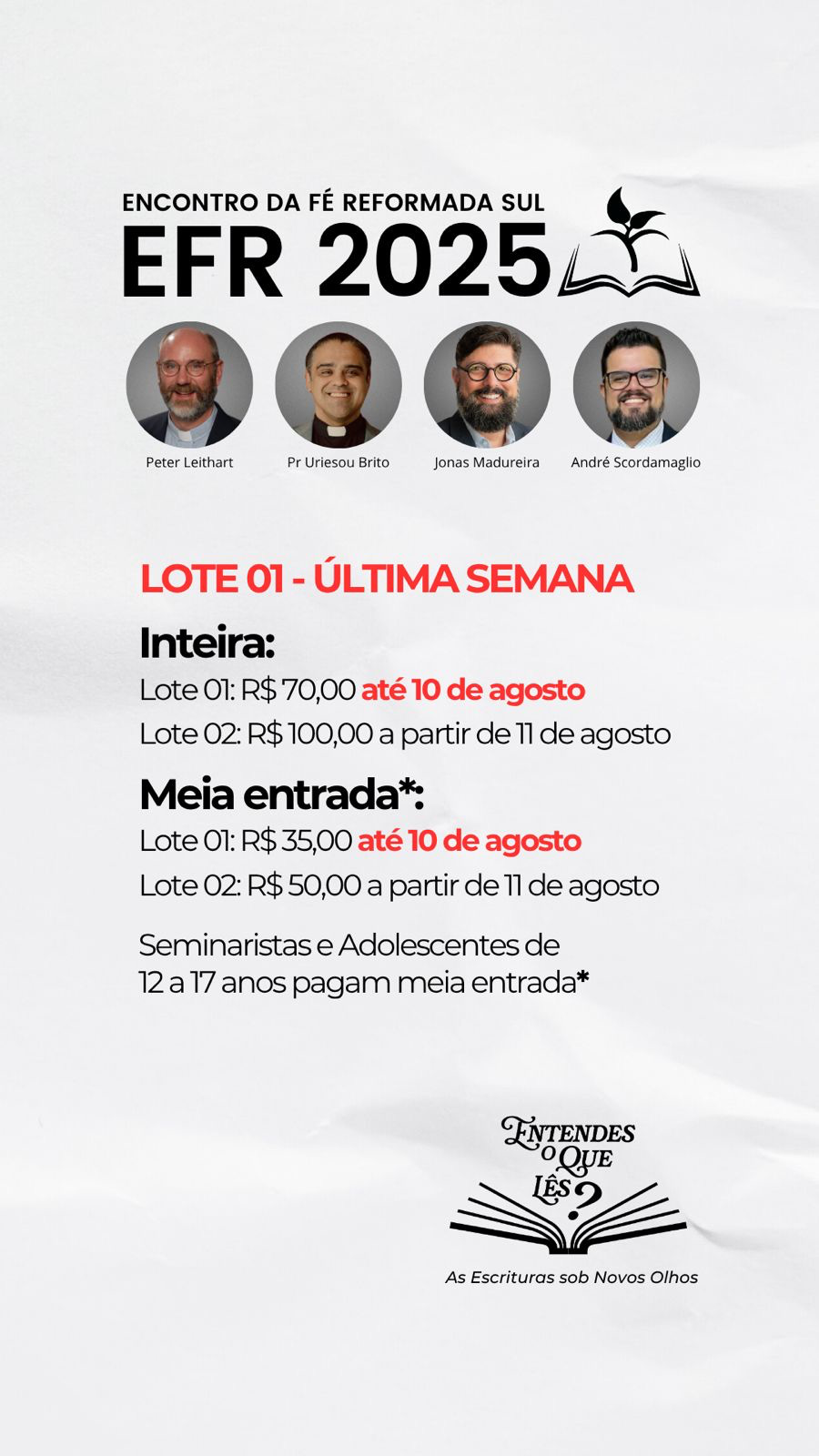Glad Fathers, Glad Sons+Travel Updates
This is the second revised chapter of my work, The Trinitarian Father, set to be published in revised form in 2026.
I am working on revising my little work on fatherhood, published eleven years ago. It’s a rewarding and humbling process, especially to see how my writing has evolved and how much more clearly I understand things now, having been a father for 17 years. I hope subscribers enjoy these revisions, which will eventually be re-published with additional chapters (including a chapter on the Singing Father). All paid subscribers will receive a PDF copy of the revised book once it is completed, and I hope to send out several physical copies as well.
If you want to follow the progress, here is the revised introduction and the opening chapter. For those who are not paid subscribers, I’d be happy to comp you for 90 days so you can follow along. Send me your email via Substack.
Chapter Two
Shortcuts lead to long delays.
– J.R.R. Tolkien
Kingly Wisdom
Proverbs provide a healthy dose of good fatherly advice. The book reflects the wisdom of a king passing down guidance to his son. The King is preparing his son to embrace wisdom in a foreign land. He cannot return to Eden, but make his environment Edenic.
Solomon is an imitator of God. He is a covenant trainer. As the Father trained His Son to rule in his incarnation, Solomon’s task is to train his son to incarnate God’s reality wherever he reigns. Thus, the Trinitarian Father is primarily a covenant tutor. One might say that a father rules over his son to prepare his son to rule—to be lord over his home, family, and labors.1
Like a king, Solomon shepherds his flock, understanding that without strong fathers, his kingdom will fail. Without good fathers, sheep may be deceived by wolves or led astray by false doctrines (Eph. 4:14). When good fathers are absent, there will be rampant adultery, promiscuous daughters, and undisciplined sons. Good fathers shepherd sons to glory.
Solomon knows what it takes to build a healthy society under his rule. Of all people, he is aware of the vaporous nature of wine, women, and song. He understands that unless he instructs his son to pursue wisdom, the complexities of human life will overwhelm him, societal temptations will seduce him, greed will consume him, and authority will be used for abuse rather than as a means to guide and lead with firmness.
Wisdom isn’t learned overnight. Wisdom matures. It demands hard work and a fierce dedication to walking the straight path rather than the crooked road (Pr. 3:5-6). There are no shortcuts to maturity.
Glad Fathers, Glad Sons
Maturity demands steadfastness. Training in righteousness is not a foolproof model for escaping life’s difficulties. One key principle a father must teach his son is that wisdom doesn’t eliminate suffering or disappointment but provides a vastly better way to handle them. This is exemplified by our Lord, who endured suffering and disappointment, but wisdom was His constant companion. Tested repeatedly, He became a faithful and righteous Son.
In this fatherly guidance, the son has a choice: to flourish in wisdom or fall into folly. Solomon writes that “A wise son makes a glad father” (Pr. 10:1). The word “glad” signifies intense joy, the highest form of happiness. What brings this joy to fathers? Athletic achievements, academic successes, artistic talents? No—wise children.
There’s a lesson here: in an age where sports and academics are elevated to sacred status, little attention is given to wisdom. One can find wisdom in all these endeavors, but it is often overlooked in favor of more immediate results. But wisdom demands maturation. There is a season for all these things, but wisdom must be in all seasons.
The fifth commandment instructs us to honor our father and mother. The Westminster Larger Catechism (Q127) says that children must honor their father and mother by “imitation of their virtues and graces; willing obedience to their lawful commands and counsels.” Honoring involves listening to parental instruction; it means actively pursuing wisdom rather than rejecting it. The goal of children is to make their parents proud, so proud that the mere thought of their children prompts delight.
Fathers should rejoice in the wisdom of their sons by cultivating, fostering, nourishing, and even praising them on occasions where wisdom is exercised. Our constant hope is that even amid our flaws, they take heed to the wisdom we share and choose righteousness in light of it. If the greatest joy of parents is wise children, then the greatest duty of parents is to impart kingly wisdom. As fathers speak words of wisdom, they must also daily imbibe that wisdom. If their sons choose wisdom, then fathers must make a lifelong pursuit of kingly wisdom. The wisdom we impart now will be the wisdom they display and share later.
This is why a wise father must continuously communicate with his son. Daily conversations enable a father to gauge his son’s wisdom by observing his perspectives on life, relationships, and handling challenging situations. Fatherhood necessitates the daily practice of the Socratic method. There should be constant dialogues with probing questions to stimulate thinking and draw proper logical conclusions. Fathers should challenge their sons to think as God would want them to. We are called to be good ethicists, which means engaging moral questions about the propriety of the people we engage and befriend, the character of a future wife, the habits and rituals of Christians, and so on. Foster a spirit of easy and pleasant discourse, and even of good debate, so he may better hone his thoughts. There are limitations to all these things; therefore, use wisdom in such exchanges.
To be a father means being his teacher in ethics, economics, and relationships. Is this a daunting task? It should be! That’s why God places such importance on fathers being His imitators. Douglas Wilson puts it well: “Men don’t carry things because they happen to have broad shoulders. They have broad shoulders because God created them to carry things.”2
Fathers, this responsibility and authority are not burdens—they are gifts. Even when we fail to find the right words, the right example, or fall short in following our own advice, we must remember that this authority isn’t given because of our worthiness but because God has graciously equipped us for this noble calling. God promises His words will not return empty. The same applies to our parental efforts: we must train our children so that wherever they go, our names are on their speed dials, and our words are on their minds.
Wilson, Douglas, Future Men ( Canon Press: Moscow, ID), 29.
Wilson, Douglas, Father Hunger ( Nashville, TN: Thomas Nelson), 11.
Nuntium
It’s been a fun 20+ day hiatus from traveling. Being in Pensacola for three weeks has allowed me to reconnect with the regularity of local pastoral ministry. We have started a practical theology and systematic theology seminars at Providence Church. I have also returned to regular preaching rhythms, working my way through Ecclesiastes, which has been both refreshing and sobering.
But all good things must come to an end. I will be heading back to Moscow in a few days for a board meeting and convocation at New Saint Andrews, as well as a few meetings. It’s been a few months since I’ve been in Moscow, but I always look forward to the energetic nature of the city and its people.
Our conference in Porto Alegre, Brazil, is coming:
Notations
I have begun reviewing Bible chapters in approximately 100 words. You can follow the first seven chapters of Genesis here.






